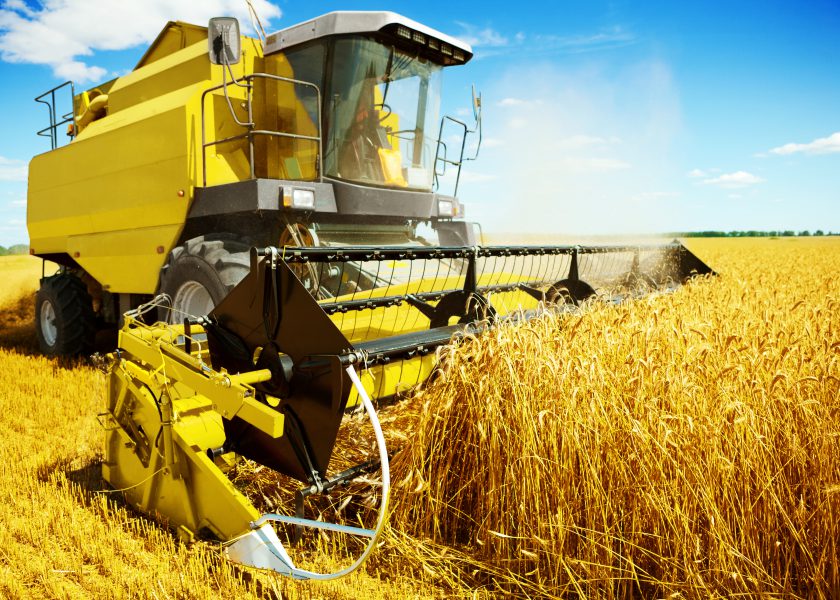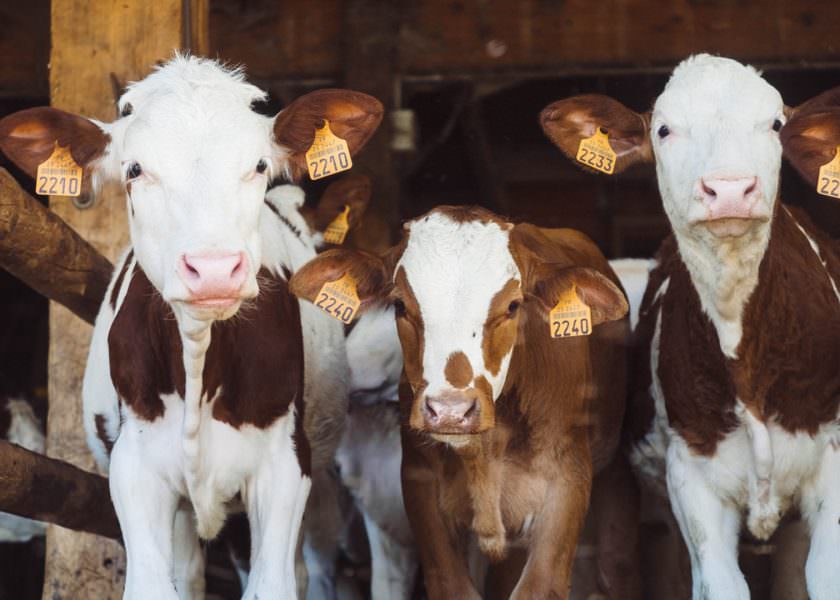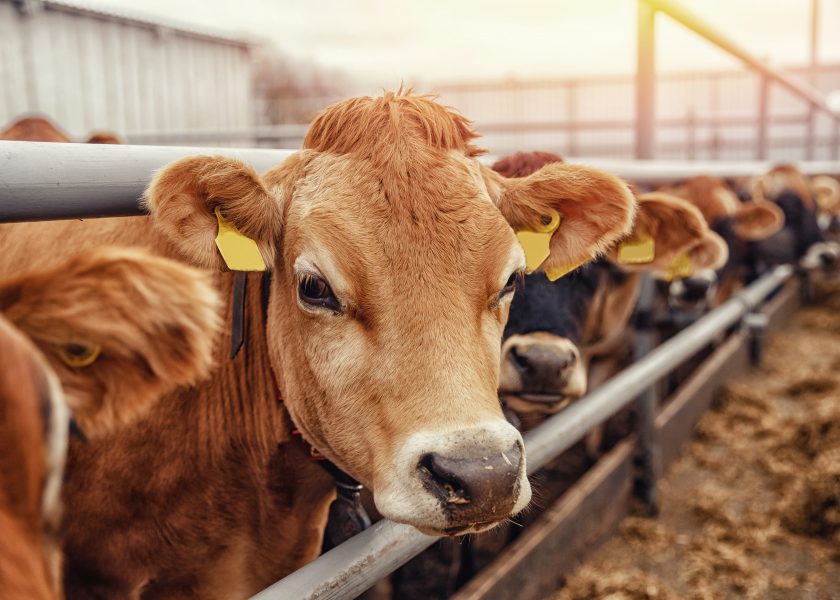- Professional Risk Insurance
- Private Clients
- Farms & Estates
- Commercial Clients
- Wholesale Insurance Broking
- Claims
- About
- Contact
- Log in
Log in

Farms & Estates
Farming
Whatever the type of farming-insurance you undertake Cox Mahon has the expertise to ensure your business, its land and buildings, crops, livestock and machinery will have the appropriate insurance cover in place.
Farming is an increasingly diverse industry, with no two farms the same – be it in size, focus or activity. From smallholdings, through mid-size farms to large scale arable or wind farms, we will work closely with you to acquire a full understanding of your risk exposures and needs. Once these have been ascertained, our independence and the excellent working relationships that we maintain with a wide range of specialist farm insurers, enables us to structure the right programme of covers to suit your requirements, on the most cost-effective terms.
Cox Mahon – Insurance Brokers to the Farming Industry
A Farmers Combined insurance policy is a single policy that is designed to provide you with a comprehensive package of insurance covers. These include :
- Household Buildings & Contents – the ability to include your home within the business policy
- Farm Buildings and Machinery – including all outbuildings, barns, walls and fences.
- Business Interruption – insuring any loss of income or additional expenditure following loss or damage
- Livestock – including disease, mortality and loss of use
- Agricultural produce – Grain/Growing crops
- Employers Liability – is a statutory requirement for any firm who have employees within their business
- Public/Products Liability – crucial cover to protect you against third party claims, including Environmental Impairment liability
- Goods in Transit – cover for goods, machinery and stock moved by with your own vehicles or third party carriers
- Personal Accident/Sickness – compensation for loss of earnings when unable to work
- Engineering – inspection and damage for farm machinery and plant
- Diversification – the option to include a wider scope of income generating activities such as agricultural contracting, renewables, property letting, B&B accommodation and Caravans/Campsites.



